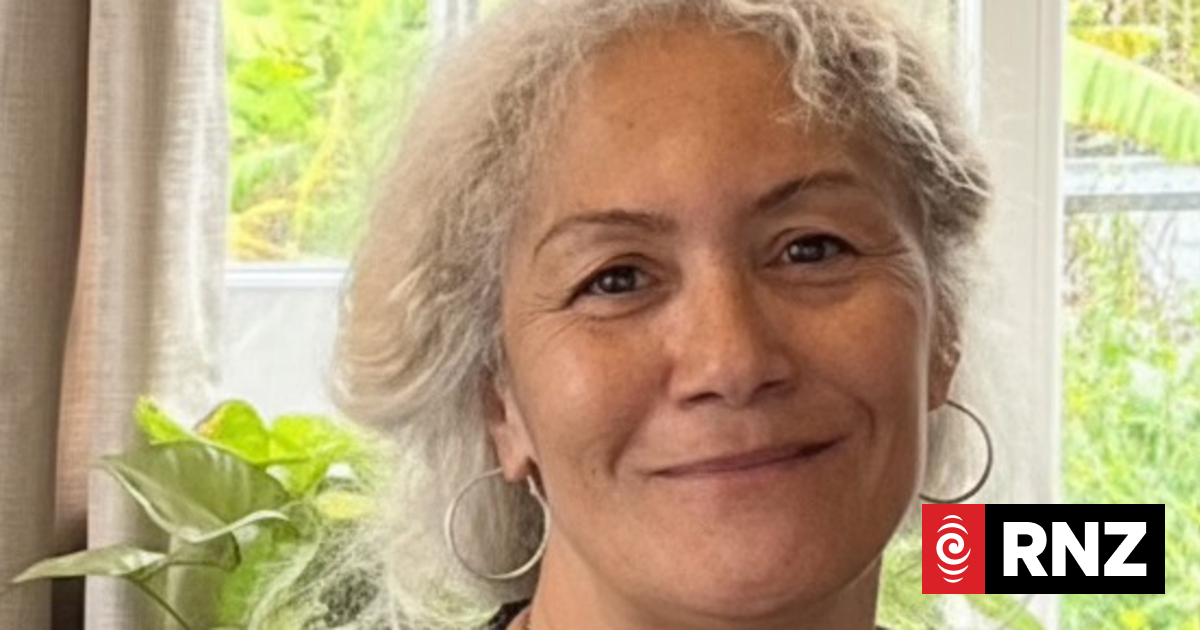Young people’s mental health is declining despite improvements in their home and school life, a new report shows.
The report, part of the Youth2000 survey series, showed “surprising shifts” on most metrics, producing a mixed bag result one expert is calling a double-edged sword.
The survey series compared its current results, 2019, with years dating back to 2001, giving a picture of how the lives of people aged 10-19 have changed.
Getty Images
Access to health services in schools would mean problems could get picked up earlier, Thabrew said. (File photo)
Mental health across the board had got worse, with 23% of students experiencing “significant depressive symptoms”, an increase from 12% in 2001.
READ MORE:
* Fears declining adolescent use of alcohol, tobacco, and cannabis has plateaued, and could reverse
* Asian youths face significant mental health challenges, report finds
* Dr Google: Is the web actually making healthcare better?
* Twice as many teenagers with ‘significant’ depressive symptoms in 20 years: study
About one in five students had seriously thought about attempting suicide – up from 15% in 2007.
Sexual violence or unwanted sexual behaviour was more likely to happen to women (26%) than men (10%), but was overall down slightly than 2001.
Nik Shuliahin
Depressive symptoms in young people have almost doubled since the survey series began. (File photo)
Despite struggling more with their health, in 2019 one in five students were unable to access healthcare when they wanted or needed to.
Metrics did improve in many areas, with decreased health risks in motor vehicle behaviour, substance use dropping and binge-drinking decreasing. Overall, students were feeling more connected with their families and schools.
Victoria University of Wellington associate professor and paper co-author Terry Fleming said she was surprised by just how much some statistics changed.
Another issue with the decline in mental health in students was the statistics were gathered pre-pandemic, which meant it was already heading south before lockdowns, Fleming said.
“Ultimately people will advocate that there is one single cause for [the mental health decline] … the reality is it is much more mixed than that.”
Seeing massive reductions in cigarette use, binge-drinking and risky driving was a huge success, which showed improvements could be made, Fleming said.
Auckland University child psychiatrist Dr Hiran Thabrew said the study showed there was more work to do to help young people, who may be even worse off than the data showed due to Covid-19 disruptions.
Investment was needed to create consistent health and wellbeing practices across all levels of primary schooling, he said.
That meant problems could be picked up earlier and they could be treated sooner, Thabrew said.
“What we can say clearly is that [mental health in young people] has become worse.”
The survey looked at 7311 students across the Auckland, Northland and Waikato education regions.
Where to get help
- 1737, Need to talk? Free call or text 1737 to talk to a trained counsellor.
- Mental Health Foundation 09 623 4812, click here to access its free resource and information service.
- thelowdown.co.nz Web chat, email chat or free text 5626
- If it is an emergency, click here to find the number for your local crisis assessment team.
- In a life-threatening situation, call 111.



